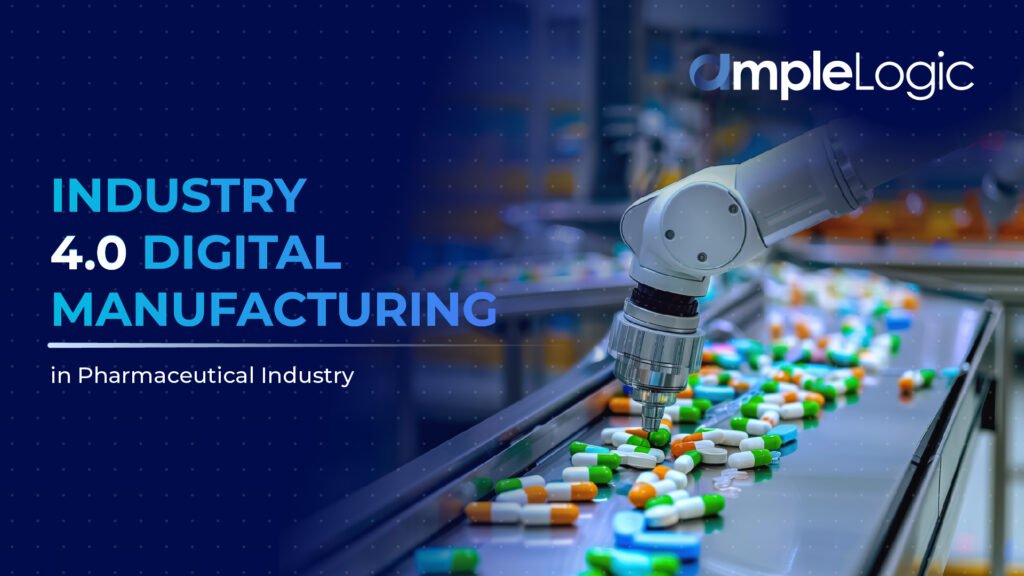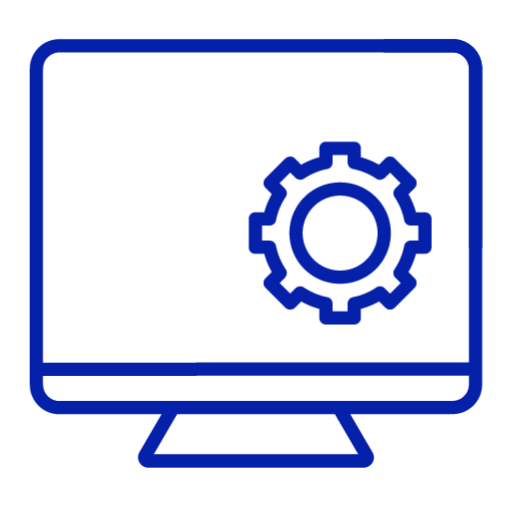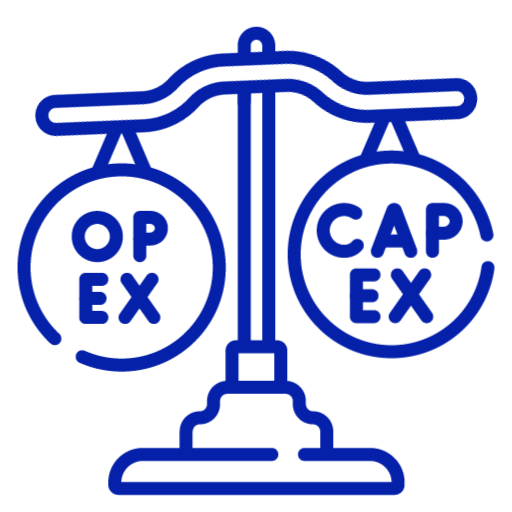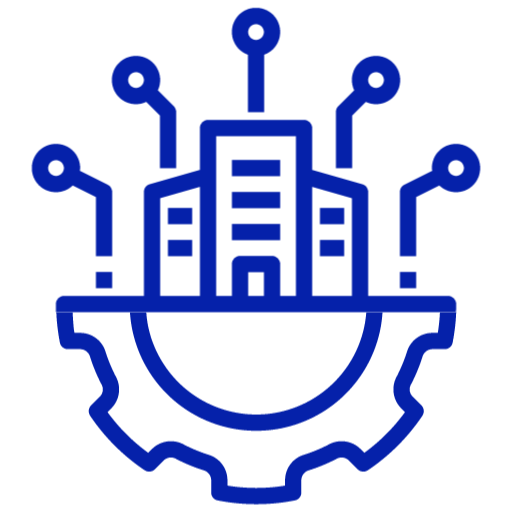
Challenges of Not Having an Effective Learning (Training) Management System
In the pharmaceutical industry, the absence of an effective Learning Management System (LMS) or Industrial Training Management System can lead to a range of challenges that can hinder training efficiency, regulatory compliance, and overall operational effectiveness. Here are some of the key challenges:
- Outdated Training Materials: Without an Employee Training Management System, updating training content becomes a time-consuming and cumbersome process. This can result in employees working with outdated information, potentially leading to errors and non-compliance with current standards.
- Regulatory Compliance Issues: Ensuring compliance with regulatory requirements and best practices is more difficult without an LMS. Manual processes can lead to missed updates and non-compliance, risking significant legal and financial penalties.
- Reduced Training Effectiveness: Without the streamlined capabilities of an LMS, managers and employees may struggle to achieve the desired training outcomes. This can lead to a gap between training and real-world application, affecting overall performance.
- Higher Operational Costs: Manual training processes can result in higher operational expenses, including increased travel time, on-site visits, and the costs associated with creating, updating, printing, and shipping training materials.
- Increased Training Costs: The absence of an LMS means higher costs for managing and creating training programs. Organizations may find it challenging to deliver a wide range of courses cost-effectively.
- Inefficient Administration: Managing learning programs without an LMS is inefficient and time-consuming, leading to administrative bottlenecks and reduced productivity.
- Fragmented Training Information: Without an LMS, training data is often scattered across various systems and locations, making it difficult to consolidate information, coordinate training activities, and optimize cost utilization.
- Decline in Personnel Performance: Ineffective management of training and human resources can negatively impact personnel performance. The lack of structured and comprehensive training programs can hinder skill development and competency.
- Limited Training Scope: Organizations may find it challenging to expand their training offerings without an LMS. The cost and effort required to deliver additional courses can be prohibitive.
- Inconsistent Training Quality: Training quality may vary significantly across different locations without an LMS, leading to inconsistencies in the knowledge and skills of employees.
- Lack of Detailed Reporting: Without the reporting capabilities of an LMS, it becomes difficult to track learners’ progress, evaluate departmental performance, and measure the effectiveness of training programs. This lack of insight can impede strategic decision-making and improvement initiatives.
Benefits of Learning Management Systems in the Pharmaceutical Industry
Learning Management Systems (LMS) offer a multitude of advantages for companies in the pharmaceutical sector, streamlining training processes and ensuring compliance with regulatory requirements. Here are some key benefits:
- Efficient Content Management: Trainers can easily update existing training materials or add new content, ensuring that all information is current and relevant. This adaptability is crucial for the fast-paced pharmaceutical industry.
- Regulatory Compliance: LMS platforms facilitate adherence to essential regulatory requirements and industry best practices, making compliance more straightforward and reliable.
- Enhanced Performance: Managers and employees can achieve their required results more effectively, focusing on the practical application of their training rather than just completing courses.
- Cost and Time Savings: Organizations can measure the reduction in operational expenses, travel time, and on-site visits. This efficiency is achieved by minimizing the need for creating, updating, printing, and shipping course materials.
- Reduced Training Costs: Implementing an LMS dramatically lowers the cost associated with managing and creating training programs, allowing for more efficient budget allocation.
- Improved Administration: The administration of learning programs is streamlined, enhancing the overall management and deployment of e-learning initiatives across multiple locations.
- Centralized Training Information: Consolidating training data improves efficiency, facilitates better coordination of facilities, and optimizes cost utilization.
- Boosted Personnel Performance: An LMS helps manage administration and human resources more effectively, thereby improving personnel performance. It enables the implementation of comprehensive skills and competency training programs.
- Expanded Training Capabilities: Companies can deliver a greater number of training courses at a lower cost, increasing the breadth and depth of available training resources.
- Consistent Training Quality: Training materials on an LMS can be accessed by employees across various geographies, ensuring consistency and quality in the training provided.
- Detailed Reporting and Evaluation: LMS platforms allow for the creation, personalization, and download of detailed training reports. These reports outline learners’ progress, departmental achievements, task completion times, and more, facilitating easy evaluation at both individual and group levels.
- Seamless Integration: Easy integration with the document management system (DMS) making sure that the correct version of the documents is available for the employees to be trained on and there is no lag between the management and the various plants.





























